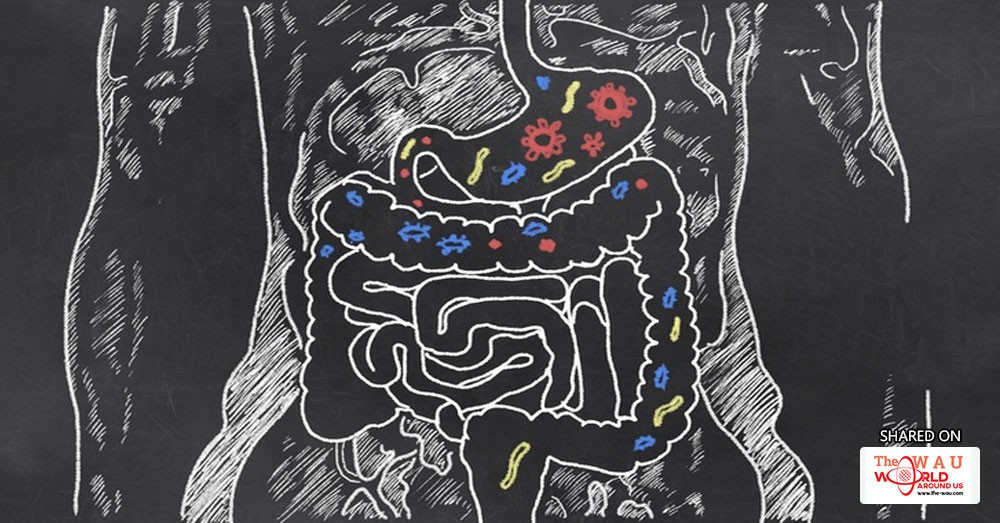If you aren’t familiar with the term, gut flora, you really should be. Gut flora is the community of microorganisms that call your digestive tract home. In humans, the gut microbiota has the most bacteria and the most varied number of species of bacteria compared to any other part of the body. In fact, there are about three pounds of bacteria living in the human intestinal tract.
Not all of this bacteria is good either. Depending on some factors including lifestyle, we can have an imbalance in our gut bacteria. This is known as dysbacteriosis.
We need the healthy bacteria to keep the intestinal lining strong and when bad bacteria moves in and takes over the intestinal tract becomes very susceptible to damage. Inflammation in the gut leads to ulceration and breaks in the intestinal wall. Disease-causing bacteria, toxins, and even undigested food particles pass directly into the bloodstream where they wreak havoc.
Digestive problems caused by too much bad gut bacteria
Many people have symptoms of a gut out of balance but don’t even know it. Here are some of the problems that can occur when your intestinal lining is compromised:
-
Constipation
-
Excess gas
-
Diarrhea
-
Bad breath
-
Vitamin B deficiencies
-
PMS
-
Hormonal problems
-
Breast enlargement in men
-
High cholesterol
-
Severe bruising
-
Chronic anemia
-
Prostate problems
-
Candida infection
-
Neurological problems
-
Bladder infections
The gut is your “second brain”
The gut is so important to overall health and well-being that it has been labeled as the “second brain.” Gut health impacts more than just digestion. According to Rob Knight, PhD., and co-founder and principal investigator of the Human Gut Project,
“Gut bacteria are connected to aspects of health we never suspected. Cardiovascular disease, the immune system, liver disease, even neural function and the brain—it’s far-reaching in a way that wouldn’t have been on anyone’s radar ten years ago.”
The influence of gut bacteria is vast
Here are just some of the reasons why healthy gut bacteria are essential.
Weight loss: According to research, gut bacteria and weight loss are closely related. Scientists at the University of Iowa gave mice a drug that caused them to gain weight and discovered that the microbe composition of the rats changed, slowing their resting metabolic rate.
John Kirby, Ph.D., professor microbiology and urology at UI Carver College of Medicine, had this to say about gut bacteria,
“Our research leads to the conclusion that it is probably bacteria (in the gut) that are responsible for the calories you burn while you are asleep.”
A study in BioEssays notes that too much of the wrong type of bacteria in our gut may cause unhealthy cravings, leading to weight gain. Bacteria can control hormones and manipulate us into making poor food choices.
Allergies: According to Canadian researchers, it may be possible to predict whether infants will develop food allergies simply by looking at their gut bacteria. Those infants with less diverse bacteria at 3 months are more likely to develop egg, milk or peanut sensitivities by the time they are a year old.
Anxiety: Researchers at the College of William and Mary found that eating a diet rich in fermented foods such as miso soup and kimchi is associated with less social anxiety in people who are considered neurotic.
“It is likely that the probiotics in the fermented foods are favorably changing the environment in the gut, and changes in the gut, in turn, influence social anxiety,” said Hilimire, assistant professor of psychology. “I think that it is absolutely fascinating that the microorganisms in your gut can influence your mind.”
...[ Continue to next page ]
Share This Post















